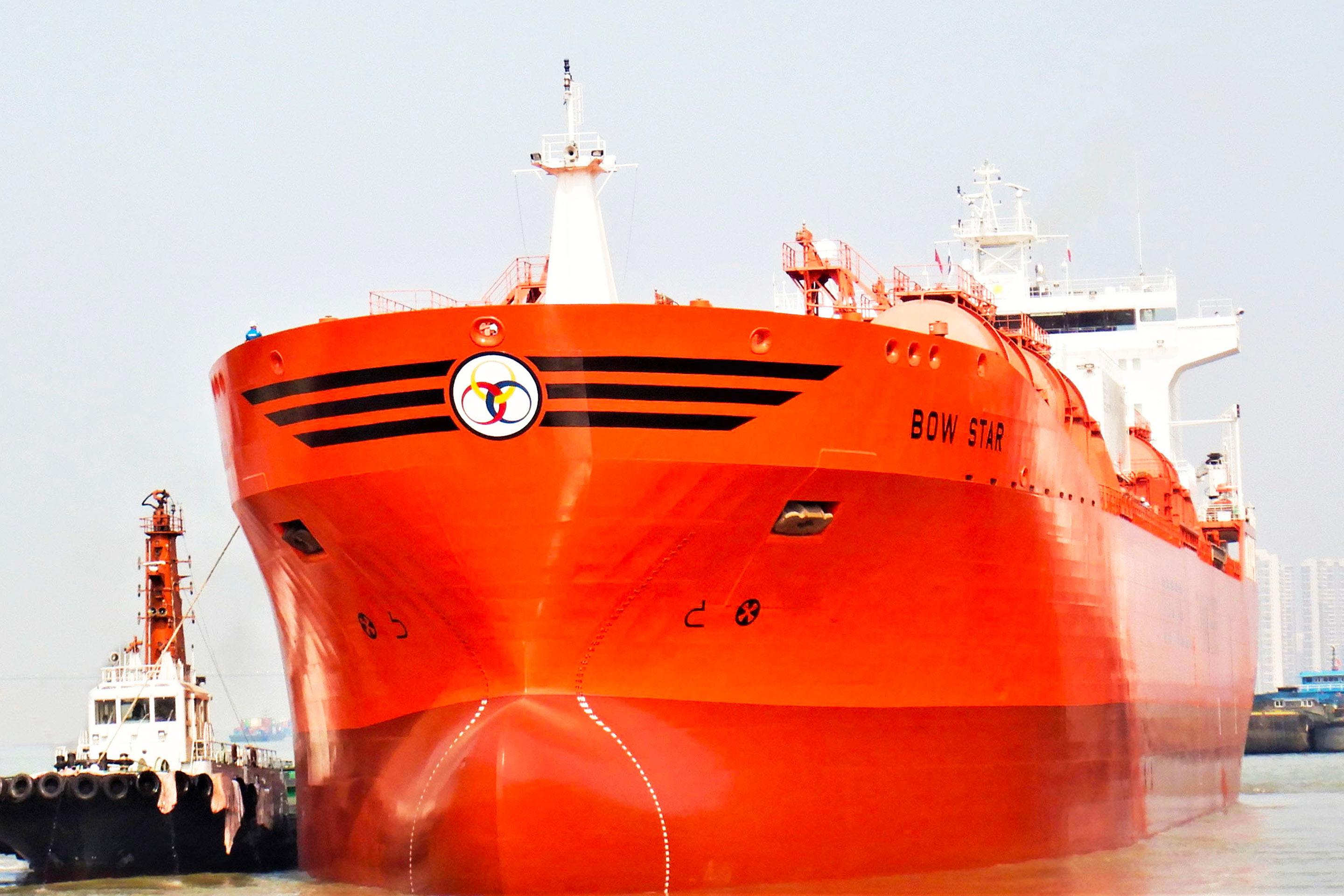When tanker operator Odfjell issued its sustainability-linked bond in January, it set a benchmark for the entire shipping sector. Not only was this the first time a shipping company has used such a ‘green finance’ instrument, but the environmental goals to which the bond’s performance is linked – reducing the carbon intensity of its controlled fleet by 50% by 2030 compared to 2008 level – also surpass the industry’s own targets.
The ambition should be no surprise. The Norwegian company has already moved a long way from that 2008 environmental baseline in recent years, investing extensively to make its vessel more efficient than ever. A wide-ranging programme of engine upgrades undertaken with ABB Turbocharging have contributed to that progress. Today Odfjell has already cut its fleet’s greenhouse gas emissions by 30%. To meet the requirements of the bond, the company will have to continue that trajectory over the next four years.
Financing is not the only incentive for Odfjell to improve its emissions performance. In November 2020, the IMO proposed a new Energy Efficiency Design Index for Existing Ships (EEXI). The regulation, due to be adopted in June, will mean that from 2023 every ship under IMO’s remit will need to meet an energy efficiency reduction level determined by vessel segment. That same year, an IMO Carbon Intensity Indicator (CII) will be introduced to assess vessels’ actual annual fuel efficiency performance. Consistent underperformers will be required to upgrade their vessels.
Limiting engine power
One of the most efficient and cost-effective ways of reducing fuel consumption and EEXI rating on existing vessels is to limit engine power. There are many ways to achieve this. When Odfjell began working with ABB on its engine upgrade project, the companies investigated ways to optimize engines to match new power demands. Bringing ABB Turbocharging on board to manage the project meant that Odfjell could call on a huge range of engineering expertise across multiple areas.
Identifying Odfjell’s specific needs and the issues the company wanted to solve played a big part in this project’s success. Implementing major engine upgrades on ships is a huge undertaking, generally involving multiple stakeholders including turbocharger and engine makers, classification societies and additional companies or departments. With ABB Turbocharging’s engineering and consulting services, however, Odfjell only had to deal with a single stakeholder for this specific engine upgrade project.
The chemical tanker Bow Sun, one of eight similar vessels in Odfjell’s Poland class, was the first ship to be upgraded. Along with a redesigned propeller, Bow Sun received a tailored engine re-tune designed for low-load optimization and to meet IMO NOx classification. ABB Turbocharging modified injection and exhaust timing, changed the specifications of some engine components and upgraded turbocharger components including the nozzle ring and compressor wheel.
Cutting cost and emissions
ABB also delivered its engine performance management and optimization system, Tekomar XPERT. This tool is delivered with all upgrades, enabling operators to check performance across the fleet and benefit from advice on optimization as wear and other operational factors affect the engine.
The upgrade, which has since been rolled out across the Poland class, helped Odfjell to save money on operating costs and to reduce emissions. CO2 emissions have been cut by 3%, while NOx is down by 20%, helping Bow Sun and its sister vessels to maintain IMO compliance and meeting IMO Tier I regulations.
“We are very pleased with the cooperation with ABB and the results we have achieved from our energy efficiency upgrades. The upgrades are comprehensive and have consisted of many activities. During the last few years Odfjell has improved the energy efficiency of our managed fleet by 30%,” said Geirmund Drivenes, Vice President Projects.
The project is the perfect example of how ABB can bring a wide range of expertise together to respond to customer requirements. ABB may be best known for its turbochargers but it also boasts engine expertise across multiple designs, and has its own engine performance optimization platform, Tekomar XPERT. By harnessing these strengths ABB engineers can provide comprehensive solutions and all-in-one service and upgrade packages.
As green financing becomes more widespread – and as regulations like EEXI are introduced – ship owners will increasingly look to limit their engine power output. But simply running engines at a service load below its optimal operating window can have negative effects, such as turbochargers running at lower speeds, leading to ineffective and incomplete combustion. ABB can provide complete support for several retuning options, that can optimise part-load performance, from engine derating to turbocharger cut-out to the installation of exhaust waste gates.
For all shipowners – Odfjell included – the path to decarbonisation in will require more intensive steps if shipping is to cut emission at least in half by 2050. But reducing engine power and optimising engines for part-load operation is a critical step and an essential way to improve a vessel’s EEXI rating. While the full details of the EEXI and CII have yet to be finalised – more can be found on IMO’s website – Odfjell’s optimisation project means it is already well placed to comply with these new measures and fulfil the requirements of its innovative financing strategy.














